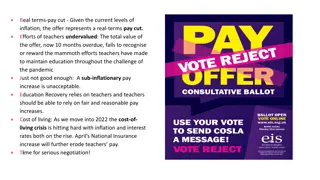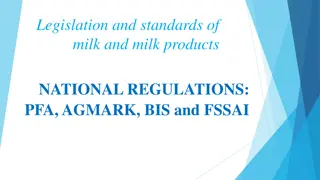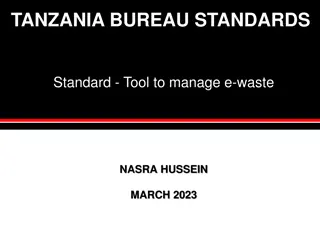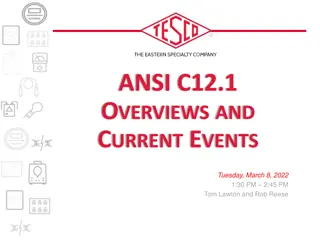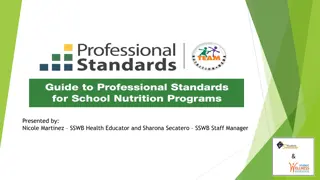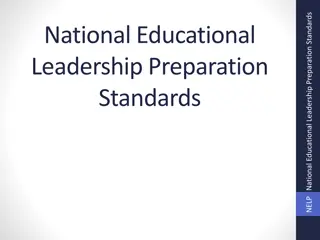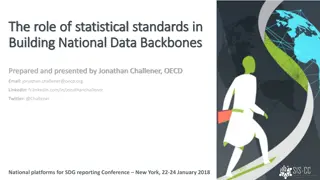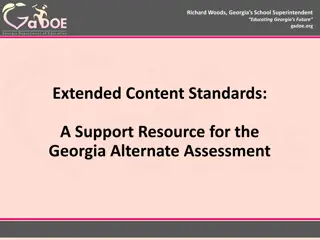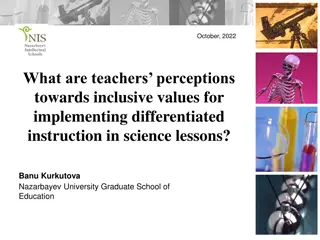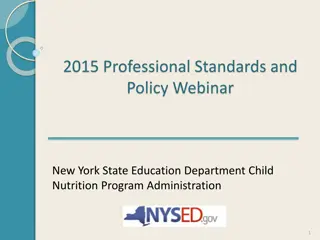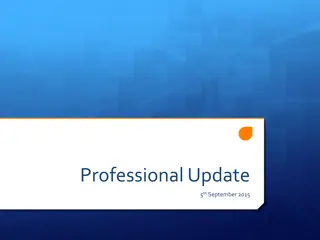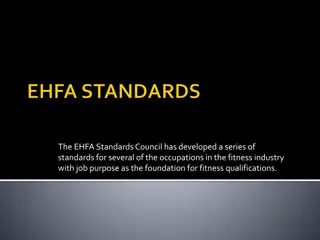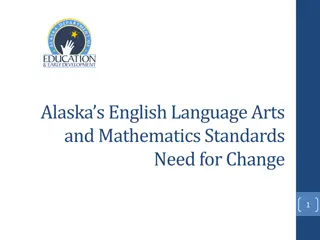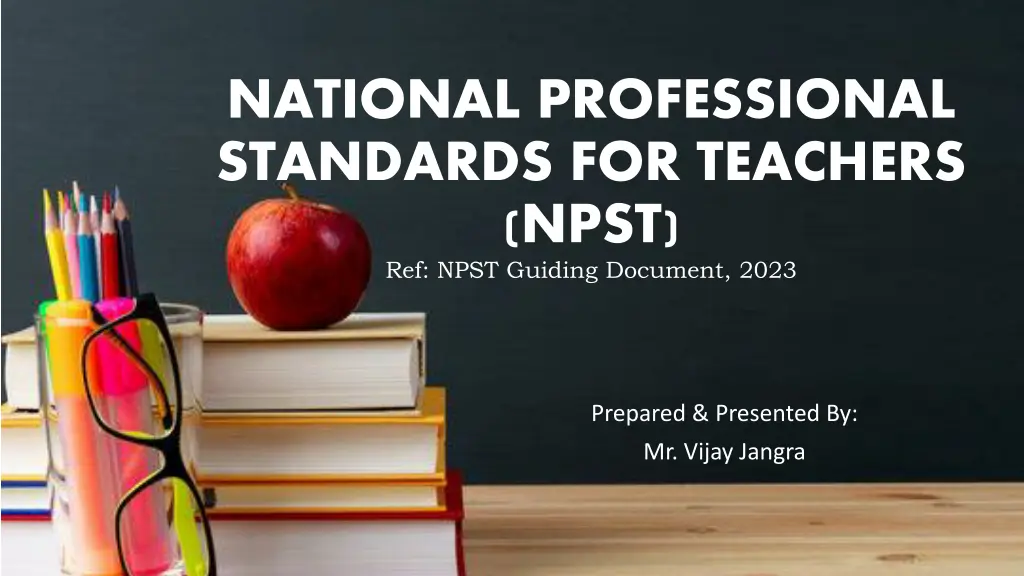
National Professional Standards for Teachers (NPST) Guide 2023
Explore the National Professional Standards for Teachers (NPST), aligned with the National Education Policy 2020, to elevate teacher quality and provide high-quality education. Learn about the key features, career stages, implementation framework, and more to enhance teaching excellence in India.
Uploaded on | 3 Views
Download Presentation

Please find below an Image/Link to download the presentation.
The content on the website is provided AS IS for your information and personal use only. It may not be sold, licensed, or shared on other websites without obtaining consent from the author. If you encounter any issues during the download, it is possible that the publisher has removed the file from their server.
You are allowed to download the files provided on this website for personal or commercial use, subject to the condition that they are used lawfully. All files are the property of their respective owners.
The content on the website is provided AS IS for your information and personal use only. It may not be sold, licensed, or shared on other websites without obtaining consent from the author.
E N D
Presentation Transcript
NATIONAL PROFESSIONAL STANDARDS FOR TEACHERS (NPST) Ref: NPST Guiding Document, 2023 Prepared & Presented By: Mr. Vijay Jangra
Introduction to NPST Concept Origin: NPST aligns with the goals of the National Education Policy (NEP) 2020 to enhance teacher quality and achieve equitable, high-quality education for all students. Objective: Establish professional standards to define teacher roles, competencies, and career growth pathways across different expertise levels. Responsibility: Developed by the National Council for Teacher Education (NCTE) in consultation with various stakeholders.
Key Features of NPST Core Values and Ethics: Focus on integrity, professionalism, and equity. Promote inclusivity, respect, and mutual understanding. Knowledge and Practice: Covers subject knowledge, pedagogical content, and learning assessment. Encompasses designing inclusive and engaging learning experiences. Professional Growth and Development: Continuous Professional Development (CPD) to keep up with innovations. Encourages reflective practices and peer mentoring.
Career Stages and Competency Levels Proficient Teacher (Praveen Shikshak): Demonstrates basic teaching skills and creates a positive learning environment. Supported by in-school mentors for skill enhancement. Advanced Teacher (Unnat Shikshak): Serves as a peer leader with refined teaching skills. Actively integrates subject expertise and pedagogical advancements. Expert Teacher (Kushal Shikshak): Mentors colleagues and leads professional development. Exemplifies exceptional teaching and collaborative practices.
Implementation Framework Preparation and Research: Developed through consultations and benchmarking with global standards. Informed by research on teacher education in India and abroad. Pilot Studies: Conducted in 75 schools (KVS, NVS, and CBSE) with 1,175 teachers. Focused on assessing competencies and gathering feedback. Continue ..
Implementation Framework Operationalization: Establishment of the National Centre for Teacher Quality (NCTQ) as a digital platform for repository management. States/UTs to adopt and integrate NPST standards. Assessment Tools: Teachers to maintain a Competency Portfolio with performance evidence. Periodic evaluations based on set performance indicators.
Key Domains and Standards Core Values & Ethics: Promotes constitutional values, environmental consciousness, and ethical practices. Knowledge & Practice: Emphasizes subject mastery, learner diversity, and inclusive education. Professional Development: Encourages lifelong learning through workshops, research, and reflective practices.
Significance and Benefits Teacher Empowerment: Guides career development and sets clear expectations. Student Outcomes: Improves learning experiences by fostering skilled educators. System Coherence: Creates uniform standards across teacher qualifications and practices.
Future Directions Periodic Review: Standards to be revised every ten years based on empirical studies. Capacity Building: Training programs for implementing agencies and teachers. Integration with NEP 2020 Goals: Aligning with the 5+3+3+4 school structure and multidisciplinary approaches.





